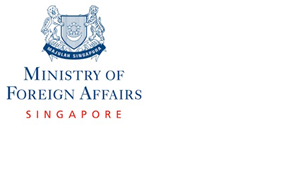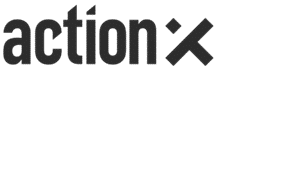This course addresses the business aspect of IT and students will learn how to apply IT to gain business value. We shall discuss key IT management issues faced by CIOs and Business leaders and how to become effective change agents' managing changes in the organization, processes and people. We shall also cover aspects of IS management & best practices, and apply them to solve real life case problems, as well as to propose IT strategy to address the specific business challenge given by a sponsoring organization.
Topics will vary from year to year, enabling the instructor to include a combination of the latest IT trends (eg. Mobile & Social Media) and emerging issues at the intersection of IT and management along with some of the important fundamentals.
Students will have the opportunity to learn from leaders (CxO) in the industry on their views on specific IT management issues, best practices, and how to be successful in their career (not limited to IT career).
This course will benefit all students who aspire to be in an executive or management position, be it in IT or business functions such as finance, marketing, HR, etc.
Upon successful completion of this course, you will be able to:
- Gain a better understanding of IT management principles and best practices, which include IT Strategy that deliver business value, IT Governance, IT enabled Innovations, IT Capability management. etc.
- Apply the knowledge gained to propose an IT Strategy that enables organizations to better exploit relevant new technologies and Information management to deliver business value.
- Understand the challenges relating to leading Change in a business setting and how to be an effective business change agent.

The students presented valuable insights and existing issues that MFA should tackle to enhance its existing consular services, and suggested a speedier and more streamlined process for Singapore travellers, especially on how to reach the elderly who are not so knowledgeable with technology.
A team of five students proposed and presented a Virtual Personal Assistant prototype to show how easy it is for Singaporean travellers to access and e-register with MFA before departing Singapore. Another team of five students proposed and presented a chatbot prototype to showcase how it can address simple enquiries from family members in times of crisis, so that MFA can effectively channel their resources into helping Singaporeans overseas.

Students proposed digital solutions and platforms that consolidates the fitness ecosystem, with the aim to improve resource allocation and wastage, lowering costs for fitness businesses, encourage sales (for gyms, studios and other offline retail businesses etc) and exercise (public), and building a fitness community.

With the aim to develop a specialty chemicals marketplace, which will form an ecosystem from raw material suppliers to end users, students proposed strategies on how the company is able to create and launch this one-stop platform where users can sell, buy, or search for a variety of chemicals and related finished goods at their own convenience.

Students analysed the motivations of millennials on financial planning, and proposed solution that are compelling and relevant to them, including proposing digital transformation strategies for the company in developing a lifelong engagement model that seeks to better understand the needs and gaps of their current customers.

Students developed IT strategies and prototyped a lifelong engagement model, whereby it allowed the organisation's past and current learners to stay engaged, and enable learners to discover opportunities to upskill and reskill at critical points in their lives.